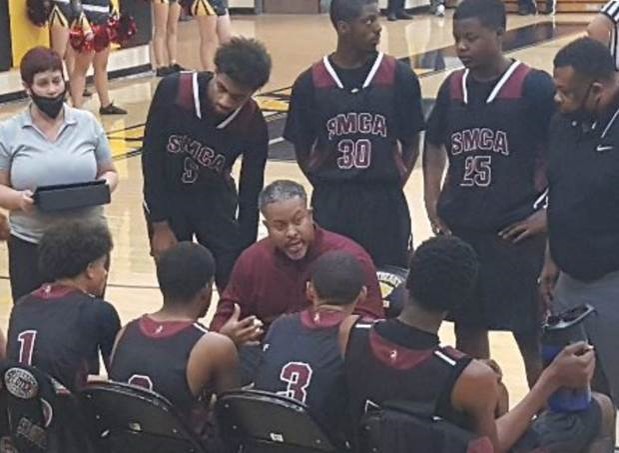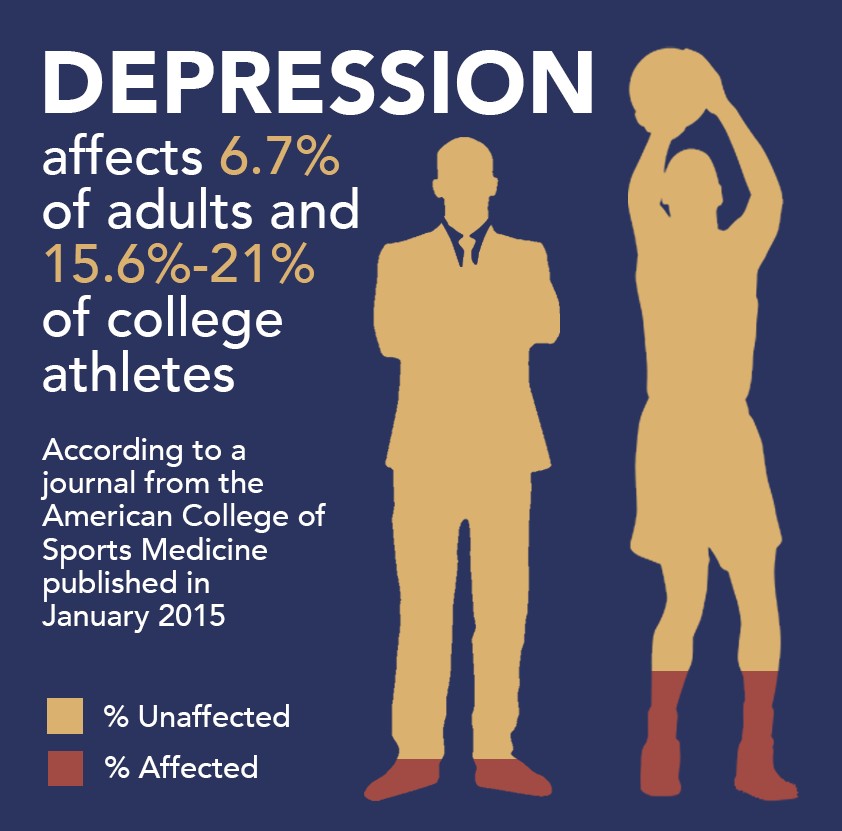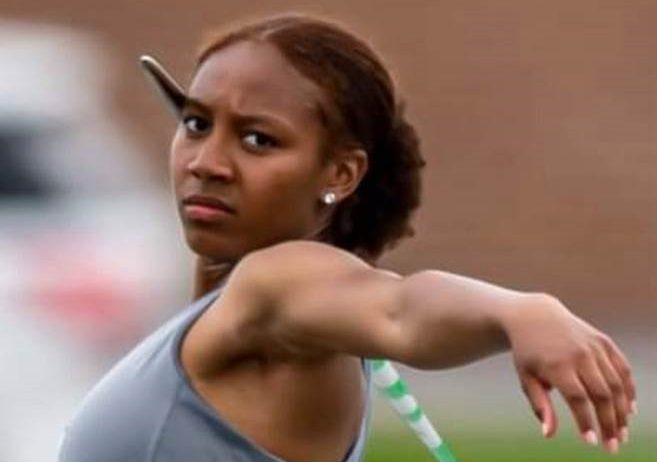Our pockets, desks, and wrists litter our lives with ways to access social media. High school students can use their phones to talk and text with friends, schedule their weeks, follow workout plans, and even buy lunch in a world growing increasingly cashless.
In a 2018 study conducted in conjunction with the New York State Department of Health, Act For Youth, a group which specializes in researching ways to promote positive mental health for youth and young adults, reported that over 90% of American teens use social media daily.
However, only 41% said they “enjoyed social media a lot.”
That number dropped to 34% in 2021.
That means that, while many teens use social media, more of them are less satisfied with it.Teens need to be cognizant of how social media affects their mood and how to regulate it in their lives.
I have experienced some of the adverse effects of social media. After receiving multiple college offers to play baseball, I instead prioritized the quality of my education over my athletic career when I chose a school. That has put me in a position where I will vie for a walk-on spot on the baseball team as an incoming freshman at Florida Southern College.
Although initially confident with my decision, seeing a new Instagram or Twitter post by any of my athlete peers celebrating a college commitment or showing off their college swag raised doubts in my mind.
Should I have just committed to a program and picked a different major? Should I have prioritized athletics and picked a weaker academic program so I could get likes and comments on social media for posting stories or pictures celebrating my newest commitment?
I realized that, like me, by constantly watching their peers on social media and comparing themselves to them, many student athletes are consistently inundated with the notion that their best quite simply is not good enough. In time I realized everyone’s path has different obstacles, turns, and road bumps. I needed to change my use of social media so that it inspired me rather than fed my negative obsessions.

Coach David McGlone on the sidelines drawing up a play for his high school varsity team this past season I spoke with Coach David McGlone about the positive and negative effects he has seen social media have on young athletes. McGlone has an impressive pedigree, having been a former Division Two college player at two Washington Adventist and St. Paul’s Colleges. He also participated in a Philadelphia 76ers training camp where he played against the late Kobe Bryant.
As a coach he led his varsity team to a 2010 Maryland state championship.
“Social media is another great tool, [but] if it’s not used properly, it can be a weapon,” McGlone said.” I’ve seen a mixed bag. I think it’s definitely positive when promoting a young person positively, but that comes with negative things like trash talk.
“A lot of players play for likes instead of approval,” he said. “[That’s] dangerous. I grew up on a farm in the summers and my grandfather taught me how to use a firearm when I was eleven years old. One thing he made clear to me was that that a firearm was only to be used in certain instances to put food on the table or protect family. I think we have to educate young people how to use social media.”
Yet young athletes can’t be expected to just figure out social media any more than you would expect someone to just figure out how to drive a car or how to use a shotgun. Instead, young people need training and guidance to know how to properly integrate social media into their lives.

Therapist Dr. Shane Perrault explained some challenges social media presents for this generation.
“[Social media causes] an unrealistic expectation of what it takes to be happy,” he said. “We feel less than because of what we’re exposed to. We’re evaluating ourselves based on artificial metrics [and] not learning that failure is a vital part of success.”
Yes, you read that right. Failure is a vital part of success.
Student athletes must view social media as inspiration and realize these highlights result from countless failures.
All-American track and field athlete Kaylla Williams has plenty of experience dealing with performance pressure. She said she uses social media for inspiration.
When looking at other athletics on social media, she said,” It’s all about your mindset. Seeing [other athletes’ accomplishments] really encourages me. Social media is definitely more of an inspiration for me.”
In recent years, the sports world has seen social media used frequently as an inspiration.
Stephen Curry, star point guard on the 2022 National Basketball Association National Champions Golden State Warriors, has been known to check his social media at halftime so he can use negative tweets about his performance for inspiration to have a stellar second half. Both Williams and Curry have figured out how to use their social media lives to fuel their competitive fire.
But even with social media under control, for many student athletes mentors seem to provide the biggest help in managing the stress of sports, school, and work. Williams said an aunt was her mentor.
“My auntie was my mentor and that allowed me to vent and really helped me to manage everything,” she said.
Life can be significantly more challenging without a support system, especially for athletes. Student athletes need someone, not one of their parents, to talk to who they feel comfortable confiding in.
Having that person to run to for advice and a listening ear can take a massive amount of strain off a student athlete’s shoulders.
The best stress reliever for a student athlete in a world d so deeply integrated with the media is to make sure you use social media wisely and have a solid support system.
